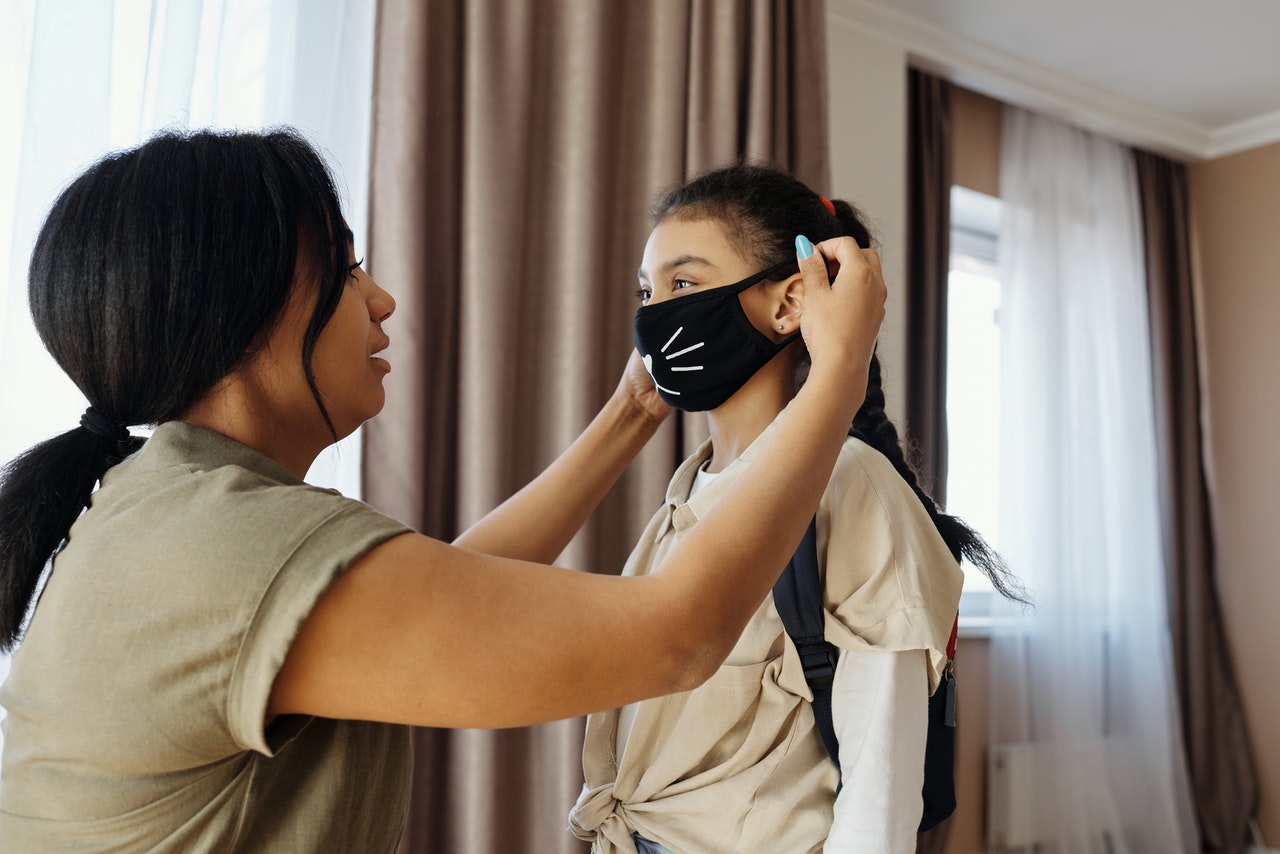As my mother-in-law walked into our backyard on a sun-drenched August afternoon, my daughter quickly ran into her arms. “Nana!” she cried out, smiling happily as a flurry of kisses were placed on her head. A few moments later, my mother-in-law turned to me for a hug, whispering, “We should get this in while we can, I guess.” It was bittersweet, soaking in a warm, late summer day as a family, knowing all the while that our social bubble was about to burst.
When the COVID-19 pandemic hit Canada in March, my family took public health guidelines seriously. We stayed home, practiced social distancing while shopping for groceries and other necessities, and started wearing masks when necessary. As the weeks went on, we found ways to visit with friends and family in small, outdoor settings with plenty of space. Eventually, we created a social bubble that included my mother (who lives with us), my in-laws and my sister’s family of three.
You may unsubscribe from any of our newsletters at any time.
While my family is definitely on the more cautious side, it’s with good reason. My mother and father-in-law have medical conditions that put them in the high-risk category. So does my father, who isn’t in our bubble but still visits with us outdoors. All of my kids’ grandparents are in a high-risk age group, and I have asthma.
But when our kids return to school next week, our bubble will go from a carefully crafted, tight-knit group to an open-ended web that includes several teachers, hundreds of children and inherently, their friends and families. Simply put, we no longer know who we’re connected to or how they’re mitigating risk. Despite reassurances from the provincial government, there isn’t enough space in most classrooms to allow for adequate social distancing, and masks are only provincially mandated for Grades 4 and up. Case numbers in Ontario have been climbing for over a week and in Peel Region, a teacher has already tested positive for COVID-19.
More on Broadview:
- How COVID-19 is reshaping Sunday school
- Faith leaders feeling the pandemic pressure
- COVID-19 gives Mother Earth a chance to heal — if we let her
While my own mother is torn between preventing exposure to the virus and the reality of distancing from her grandchildren — a particularly challenging option, given our shared accommodations —my in-laws have decided to distance from us when the school year begins. Even if my mom feels differently, I’m not sure I’m willing to take the chance. So does a return to school mean saying goodbye to grandparents? In some cases, absolutely— and however heartbreaking that scenario may be, it’s often done as an act of love.
Kristen Buter lives in Greely, Ont. with her husband and their two children. Earlier this year, Buter’s family bubbled with a neighbouring household and her parents, who are 66 and 67 years old. When schools reopen, their bubble will cease to exist. “My dad is prone to pneumonia,” Buter says, noting that despite regular vaccinations, he gets sick almost every year. “COVID would surely kill him if he picked it up.”
Between exposure to other families, crowded buses with three children to a seat and no mask mandate for students in kindergarten to Grade 3, Buter wasn’t comfortable taking a risk with her parents’ health. The decision wasn’t easy, and it’s taken a toll on everyone— including Buter’s daughter, who was in tears at the thought of inadvertently passing the virus on to her grandparents. “On top of everything else the kids have been through this year, that’s a horrible thought or burden for any kid to carry,” she says.
Andréa Rousseau, who lives in Ottawa, isn’t taking the pandemic lightly. However, her family has made a different choice, maintaining a social bubble that includes her parents. “They see their time with the grandchildren as precious and are willing to take the risk,” she says. “This was their decision and I was prepared to support whatever they decided.”
In addition to considering the physical and emotional impact of closing social bubbles, there’s each family member’s personal situation and mental health to consider. Isolation poses a serious health risk to seniors — as much as smoking 15 cigarettes per day, according to one American study. And in some families, grandparents provide loving, reliable childcare. Without this support, single and working parents could be left in a lurch.
No matter how each family manages their bubble in the weeks and months to come, it will be hard not to second-guess the decision. Cutting off physical contact may feel excessive if case numbers in Canada remain low, but if transmission of the virus were to happen, the regret would be immeasurable. For many people, even a relatively small risk is too much when it comes to the health of those we love. As Buter says of her parents, “They’re back to waving from the driveway.”
***
I hope you found this Broadview article engaging. The magazine and its forerunners have been publishing continuously since 1829. We face a crisis today like no other in our 191-year history and we need your help. Would you consider a one-time gift to see us through this emergency?
We’re working hard to keep producing the print and digital versions of Broadview. We’ve adjusted our editorial plans to focus on coverage of the social, ethical and spiritual elements of the pandemic. But we can only deliver Broadview’s award-winning journalism if we can pay our bills. A single tax-receiptable gift right now is literally a lifeline.
Things will get better — we’ve overcome adversity before. But until then, we really need your help. No matter how large or small, I’m extremely grateful for your support.
Jocelyn Bell
Editor/Publisher














